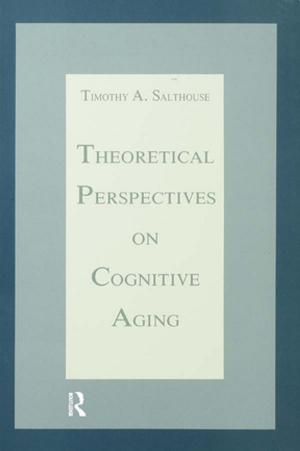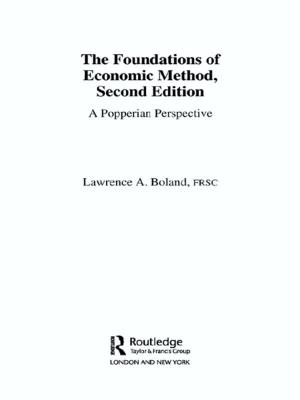The Work of Psychic Figurability
Mental States Without Representation
Nonfiction, Health & Well Being, Psychology, Psychoanalysis, Mental Health| Author: | Sára Botella, César Botella | ISBN: | 9781135447663 |
| Publisher: | Taylor and Francis | Publication: | November 4, 2004 |
| Imprint: | Routledge | Language: | English |
| Author: | Sára Botella, César Botella |
| ISBN: | 9781135447663 |
| Publisher: | Taylor and Francis |
| Publication: | November 4, 2004 |
| Imprint: | Routledge |
| Language: | English |
The majority of psychoanalysts today agree that the analytic setting faces them daily with certain aspects of their work for which the answers provided by an analytic theory centred exclusively on the notion of representation prove insufficient.
On the basis of their experience of analytic practice and illustrated by fascinating clinical material, César and Sára Botella set out to address what they call the work of figurability as a way of outlining the passage from the unrepresentable to the representational. They develop a conception of psychic functioning, which is essentially grounded in the inseparability of the negative, trauma, and the emergence of intelligibility, and describe the analyst's work of figurability arising from the formal regression of his thinking during the session, which proves to be the best and perhaps the only means of access to this state beyond the mnemic trace which is memory without recollection.
The Work of Psychic Figurability argues that taking this work into consideration at the heart of the theory of practice is indispensable. Without this, the analytic process is too often in danger of slipping into interminable analyses, into negative therapeutic reactions, or indeed, into disappointing successive analyses.
The majority of psychoanalysts today agree that the analytic setting faces them daily with certain aspects of their work for which the answers provided by an analytic theory centred exclusively on the notion of representation prove insufficient.
On the basis of their experience of analytic practice and illustrated by fascinating clinical material, César and Sára Botella set out to address what they call the work of figurability as a way of outlining the passage from the unrepresentable to the representational. They develop a conception of psychic functioning, which is essentially grounded in the inseparability of the negative, trauma, and the emergence of intelligibility, and describe the analyst's work of figurability arising from the formal regression of his thinking during the session, which proves to be the best and perhaps the only means of access to this state beyond the mnemic trace which is memory without recollection.
The Work of Psychic Figurability argues that taking this work into consideration at the heart of the theory of practice is indispensable. Without this, the analytic process is too often in danger of slipping into interminable analyses, into negative therapeutic reactions, or indeed, into disappointing successive analyses.















